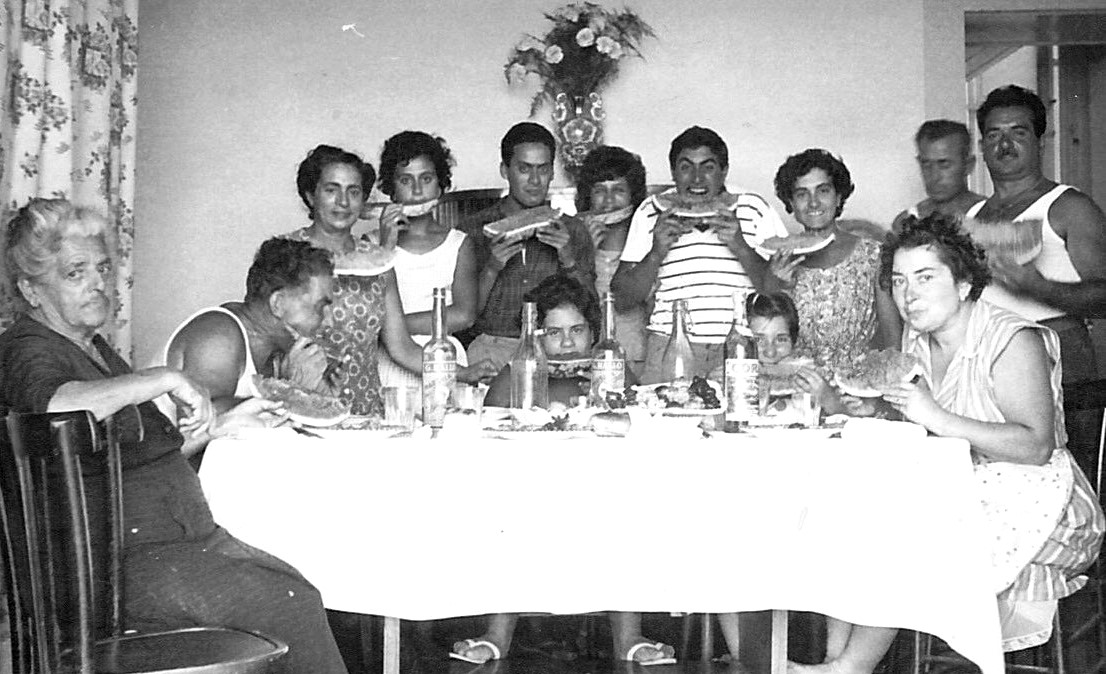Self-exposition, even in its most intimate aspects, is an integral part of contemporary communication dynamics. The personal dimension is often transferred to a public and digitized space, where recognisability takes on a crucial value and the body becomes the leverage of social and economic affirmation.
In this context, services like OnlyFans are not only instruments of gain, but are transformed into cultural symbols capable of orienting desires, identity and strategies of self-realization.
Particularly significant is the article published on d.republic.it, OnlyFans according to teenagers: “A possible way to earn money”, which presents an investigation into the impact of these digital environments on the visions of the future of many young people.
The text reports a research conducted in Spain by the University of Alcalá and published in the journal Sexuality & Culture, based on focus groups with students between 12 and 16 years. “Young people know these applications since 12 years and consider them a possible means of obtaining earnings.” The girls interpret them as a possibility of financial autonomy, while the male peers, while aware of having less chances, see it as a chance of profit.
One important aspect concerns the thorough knowledge of the business model: “Adolescents show an understanding that researchers define ‘sophisticated’.” They know the economic dynamics, the need for visibility, consistency and availability to explicit content.
Risk awareness is less developed. “The girls reflect on the border between free choice and coercion, but admit to being attracted by economic possibilities.” Children tend to minimize criticalities related to exploitation, reputation and cyberbullying.
The psychologist Jessica Capellini highlights psychological fragility: “Adolescents can find themselves weakening of self-esteem, performance anxiety, emotional dependence and the internet.”.
Crucial is the strong association between online space and personal realization: “OnlyFans is seen as a simpler alternative to traditional work or education.” Self-construction through sexualized content is understood as “intelligent or even admirable strategy”.
The phenomenon reflects a cultural configuration called “neoliberal sexual entrepreneurship”, where sexuality is transformed into capital and an individual affirmation tool.
In this direction, the research project I have personally conducted, entitled “The impact of OnlyFans on Generation Z”, aims to investigate perceptions and youth attitudes towards the platform. The study, based on an anonymous CAWI questionnaire, involved 1,116 participants between 14 and 30 years.
OnlyFans, mainly associated with sexual content, today represents a space where content, sexual work and identity are interwoven. The data returns a multifaceted picture: young people show critical consciousness and curiosity, often without preconceptions, to those who produce or consume content.
The creation and use of sexualized material is normalized as a form of digital entertainment “onlife”, where the distinction between online and offline dissolves and the body assumes centrality in economic and communicative key. As Byung-Chul Han underlines, digital becomes ubiquitous, present everywhere in our daily life, transforming practices into lifestyles. OnlyFans thus embodies the contradictions of modern times: between expressive freedom, spectacularization of market intimacy and logic.
Spanish research shows how OnlyFans enters the teenage imagination early, setting itself as a means of independence and notoriety. The knowledge of the model by girls and boys reveals the interiorization of neoliberal logic, where the body is capital and realization passes through the intimate expression monetized. It affects the poor perception of dangers and the normalization of sexualization.
My analysis also confirms similar trends in Italy, underlining the urgency of affective and digital education that can offer new reading keys. OnlyFans is not only a medial ecosystem, but a sign of significant cultural transformation, where body, intimacy and communication converge in the logic of paid exposure.
The real challenge is not to demonize or simplify, but to accompany a conscious enjoyment of these virtual spaces, recognizing opportunities without ignoring criticality. There is a need for a pact between school, families, universities and media to build a solid education for feelings, networking and new technologies, which focuses on the dignity of the person and the plurality of his expressions.
The article OnlyFans and the digital generation: between visibility, identity and success strategies comes from IlNewyorkese.






